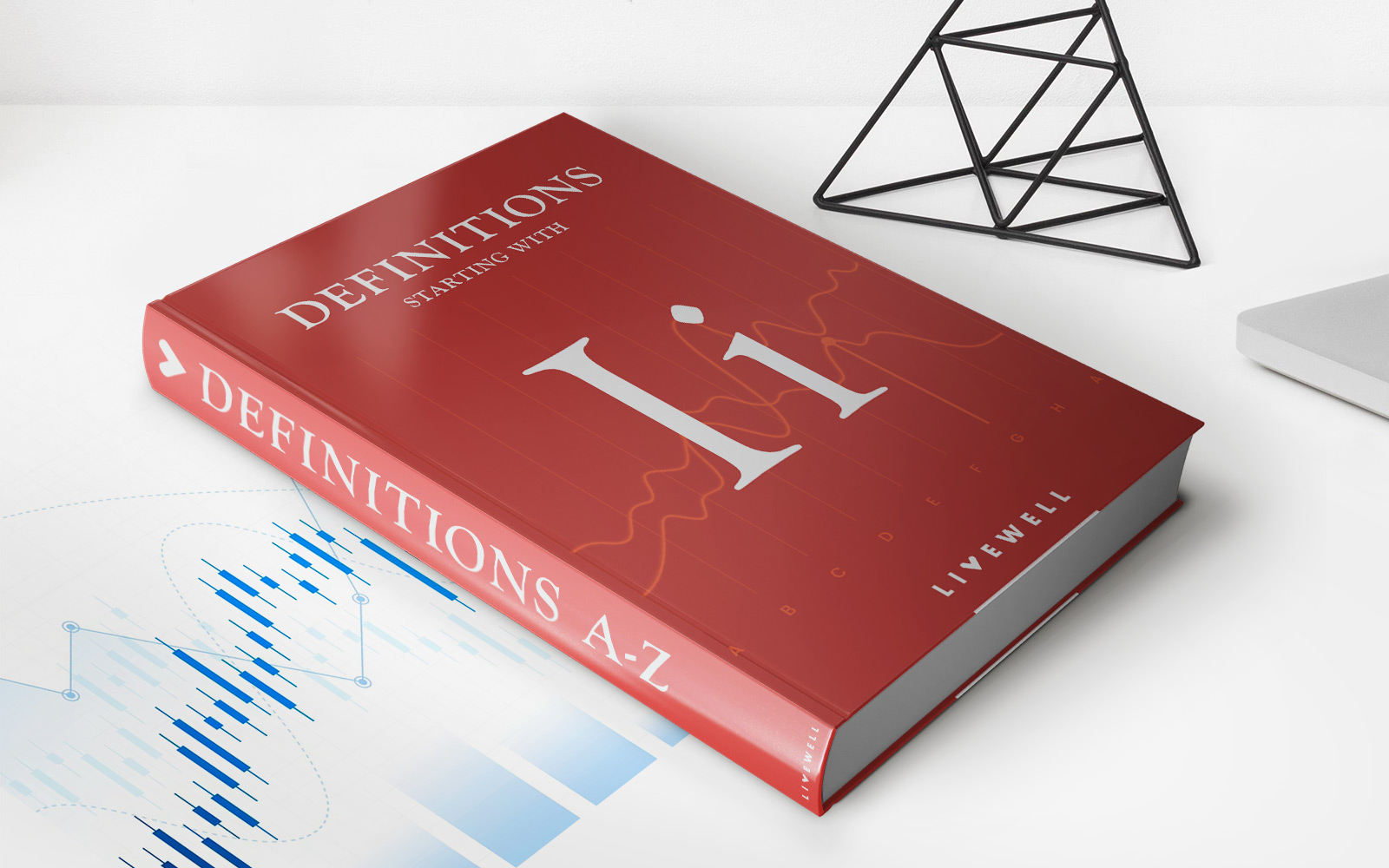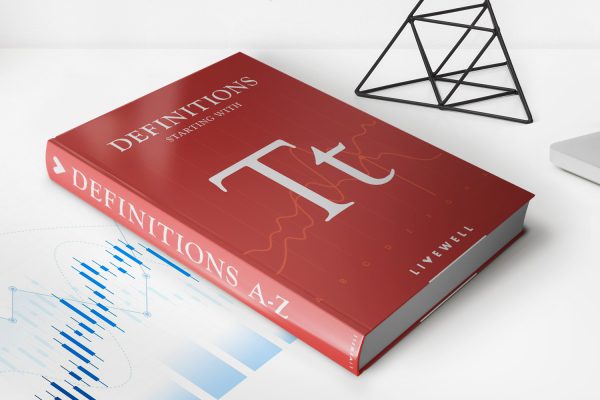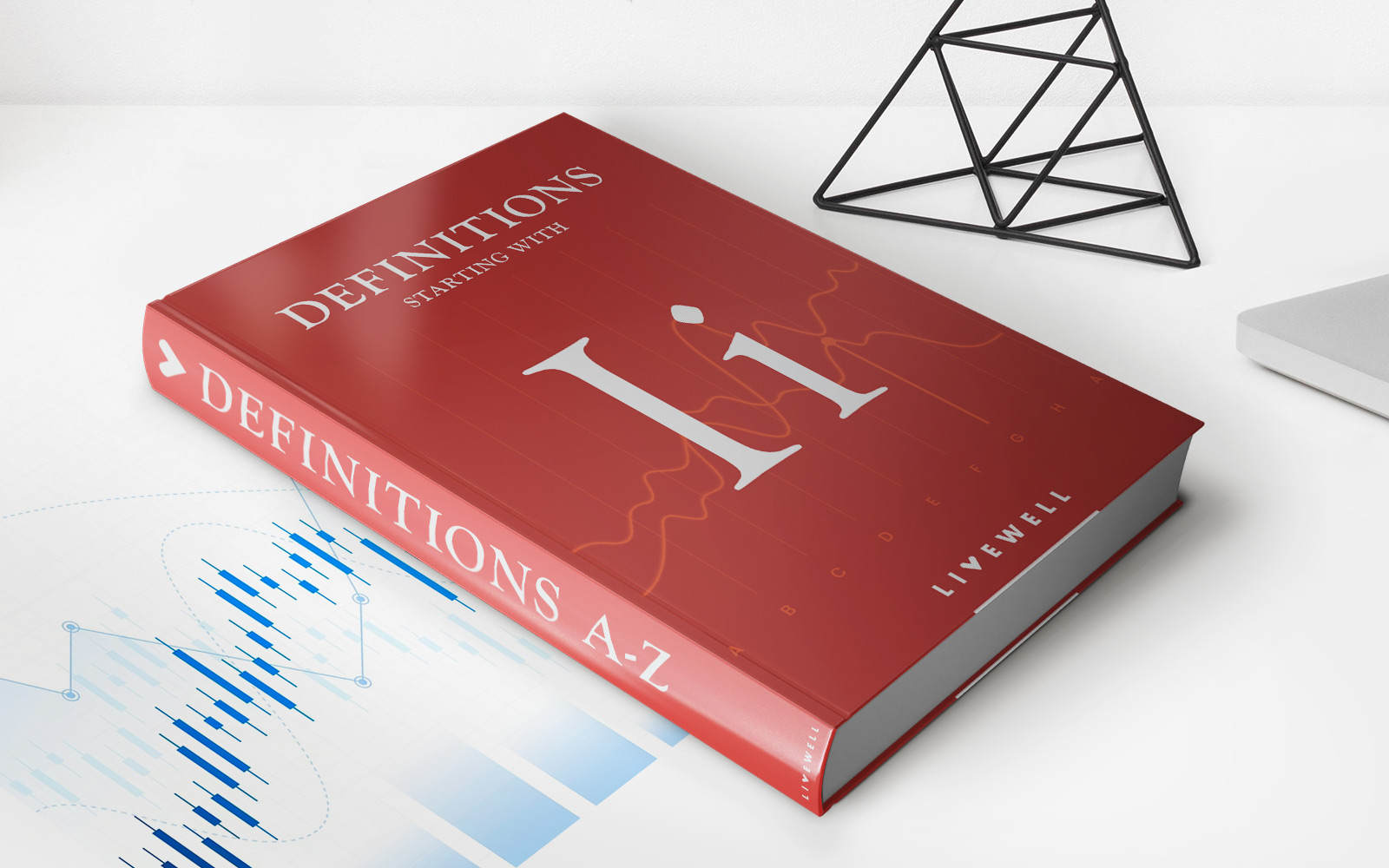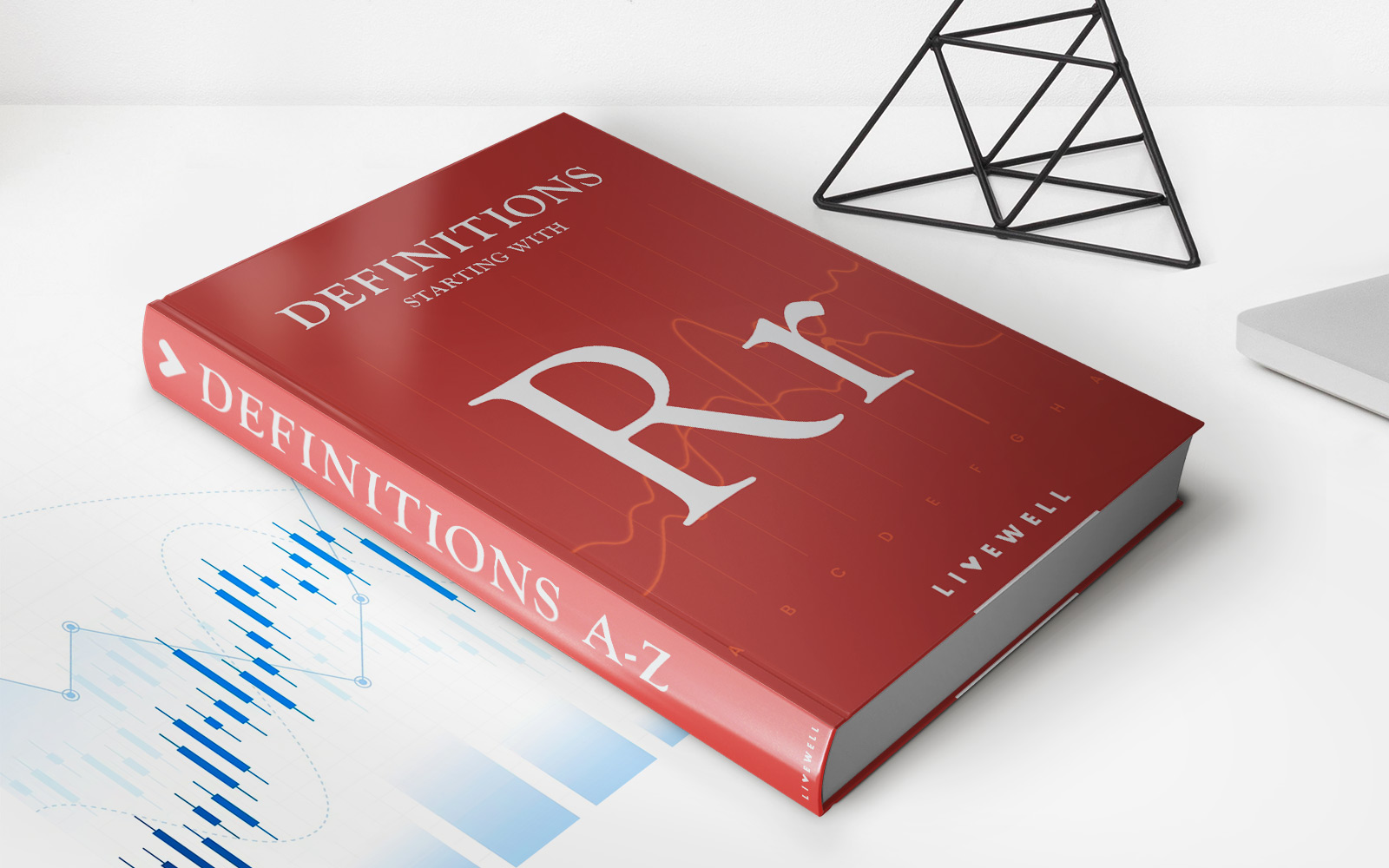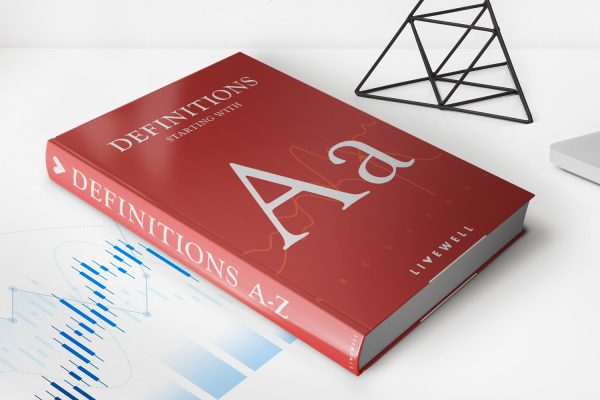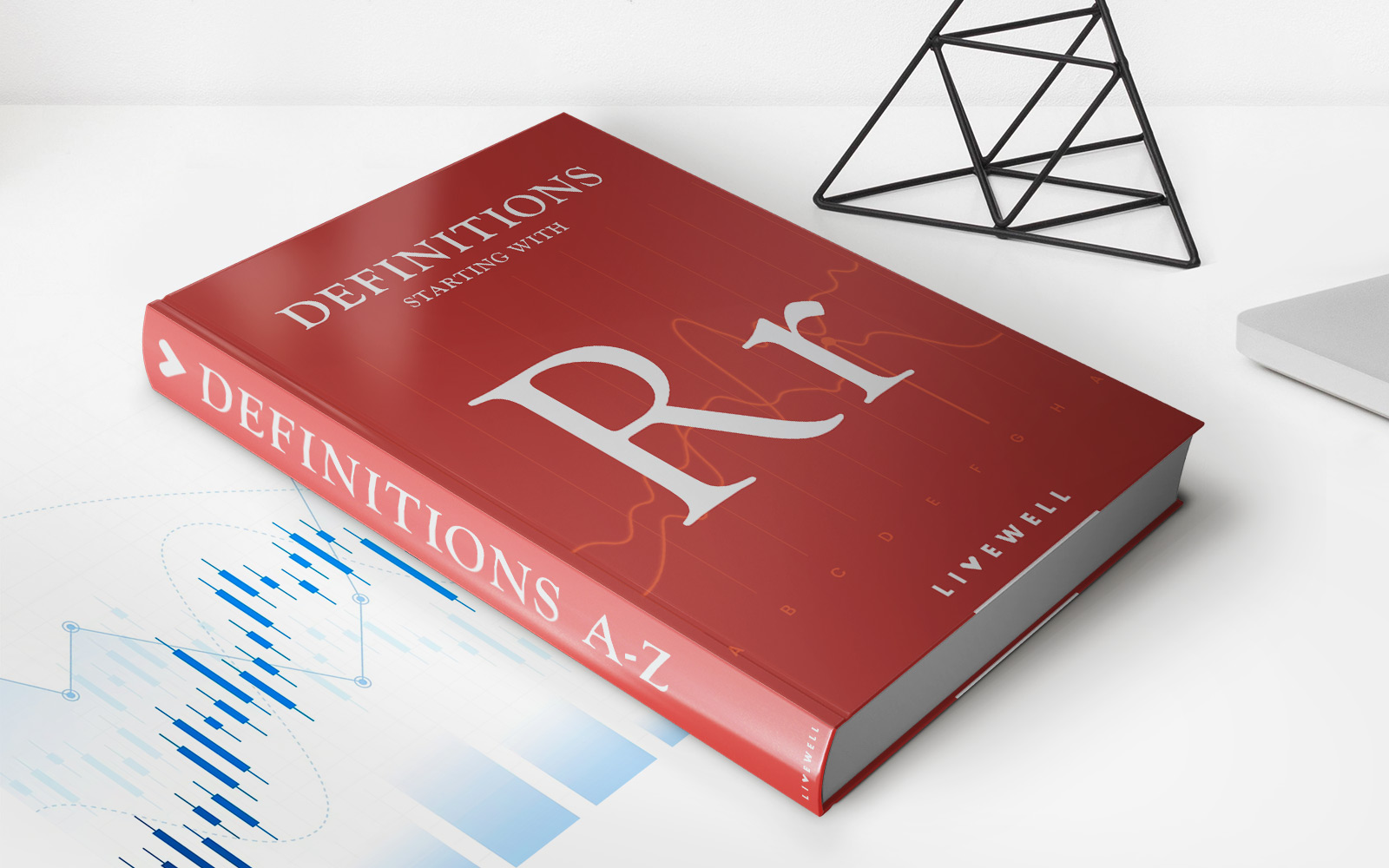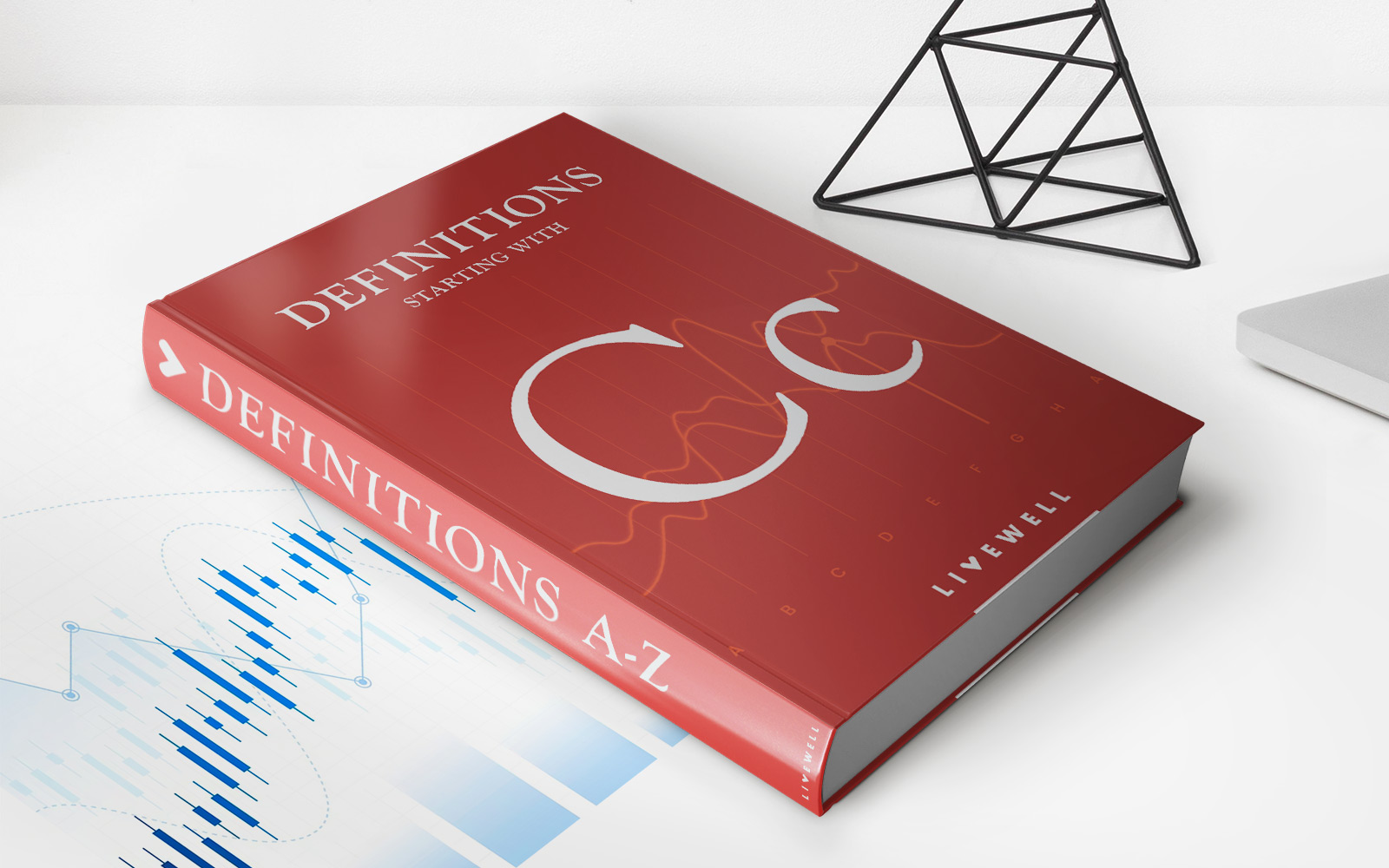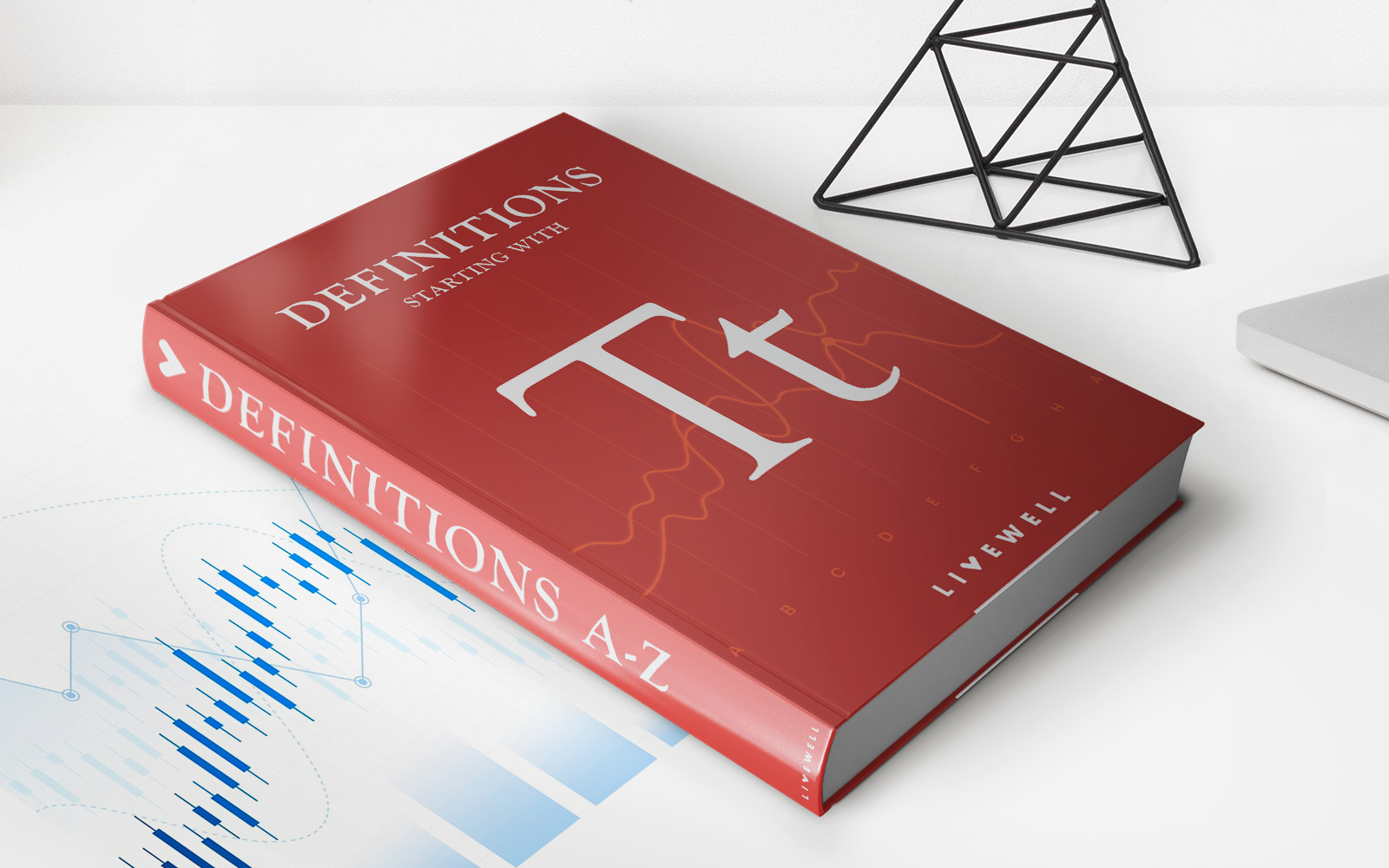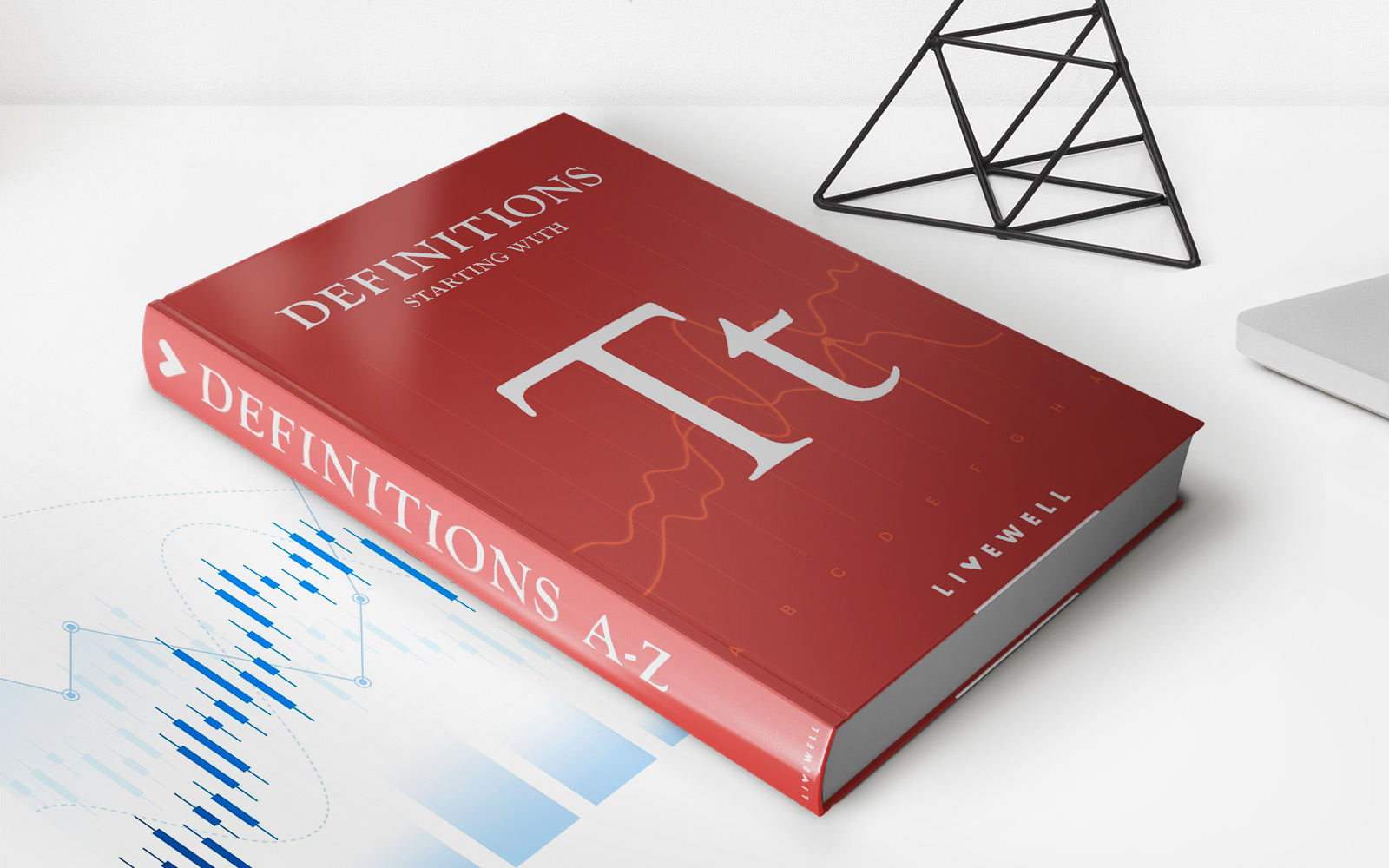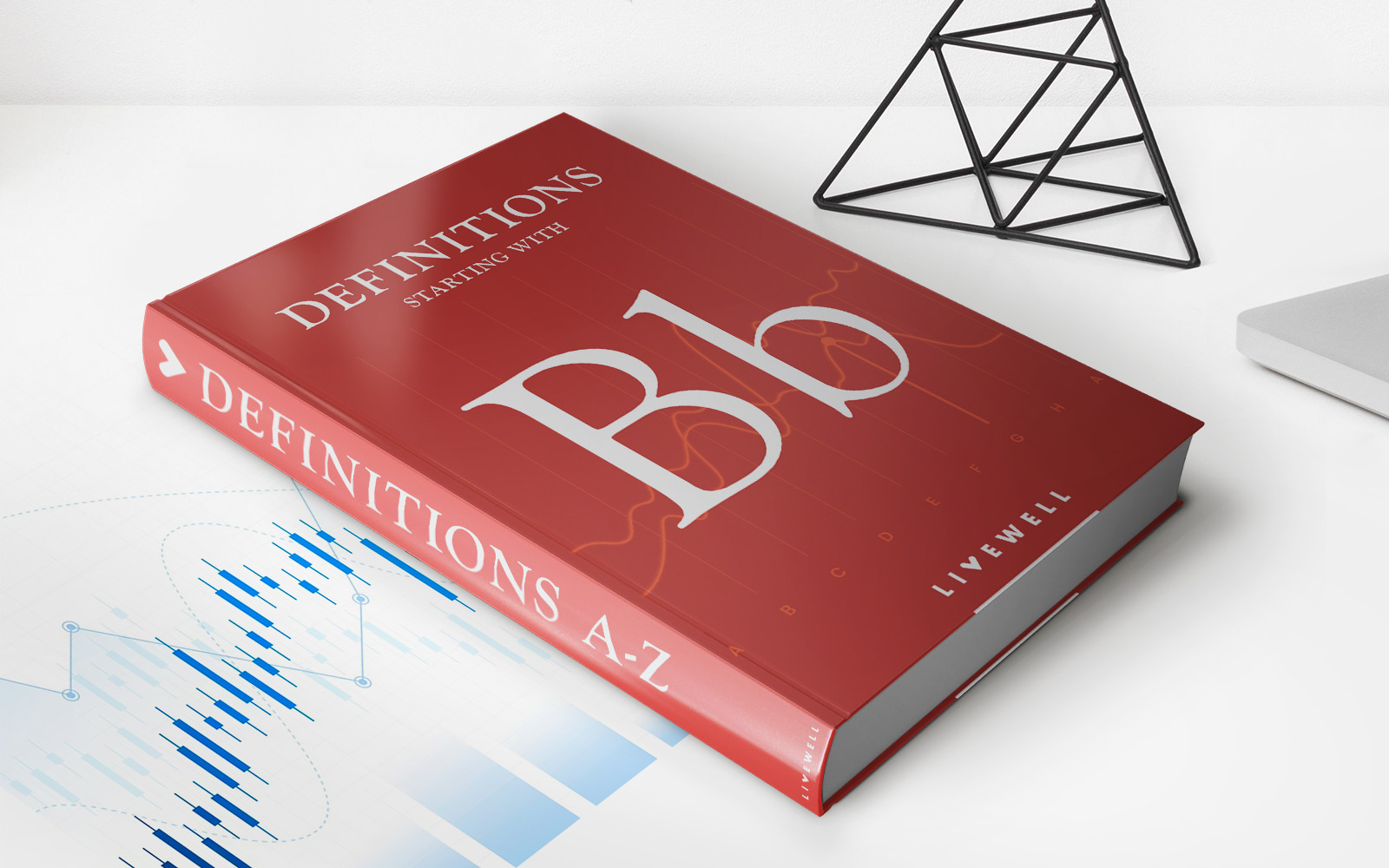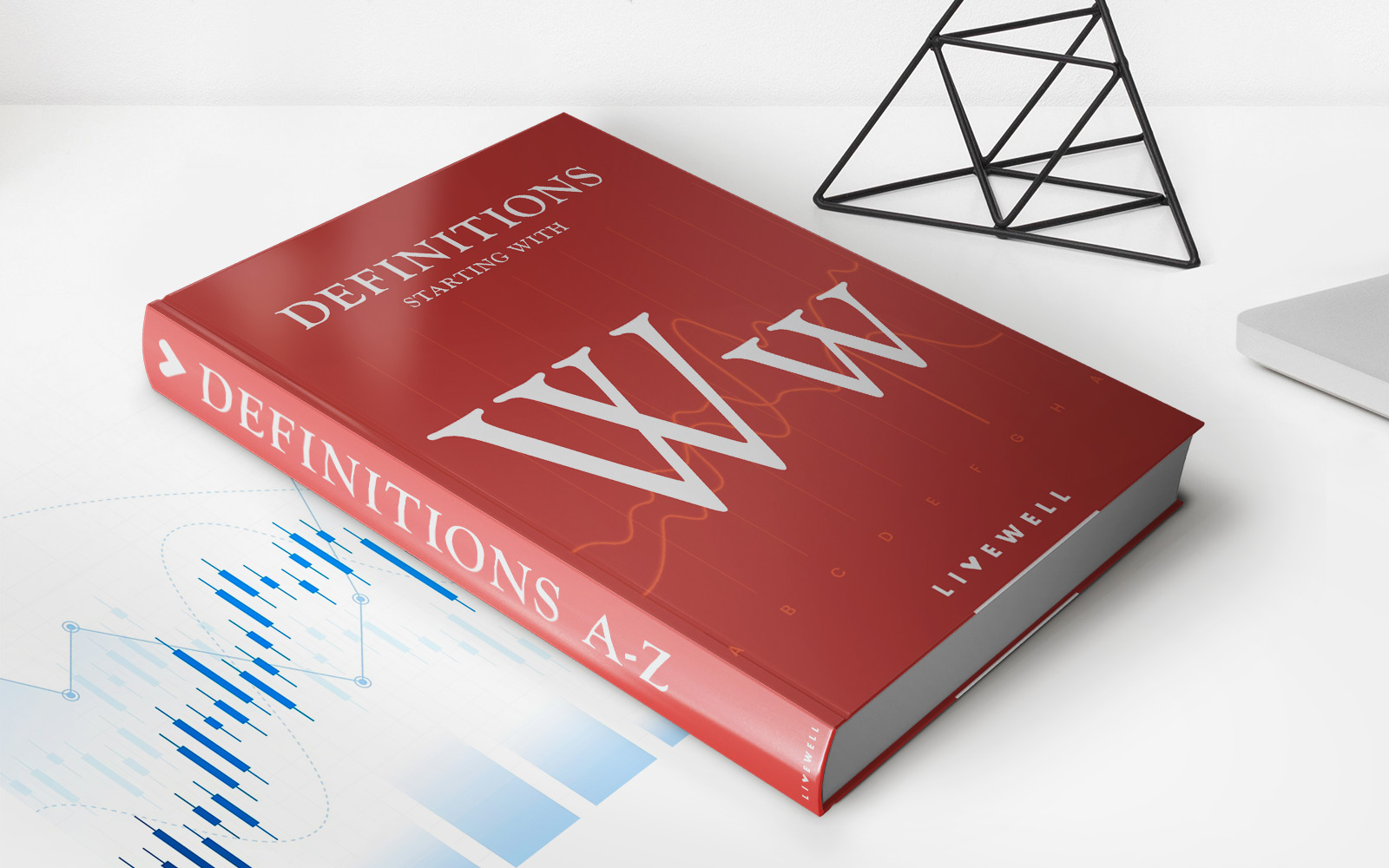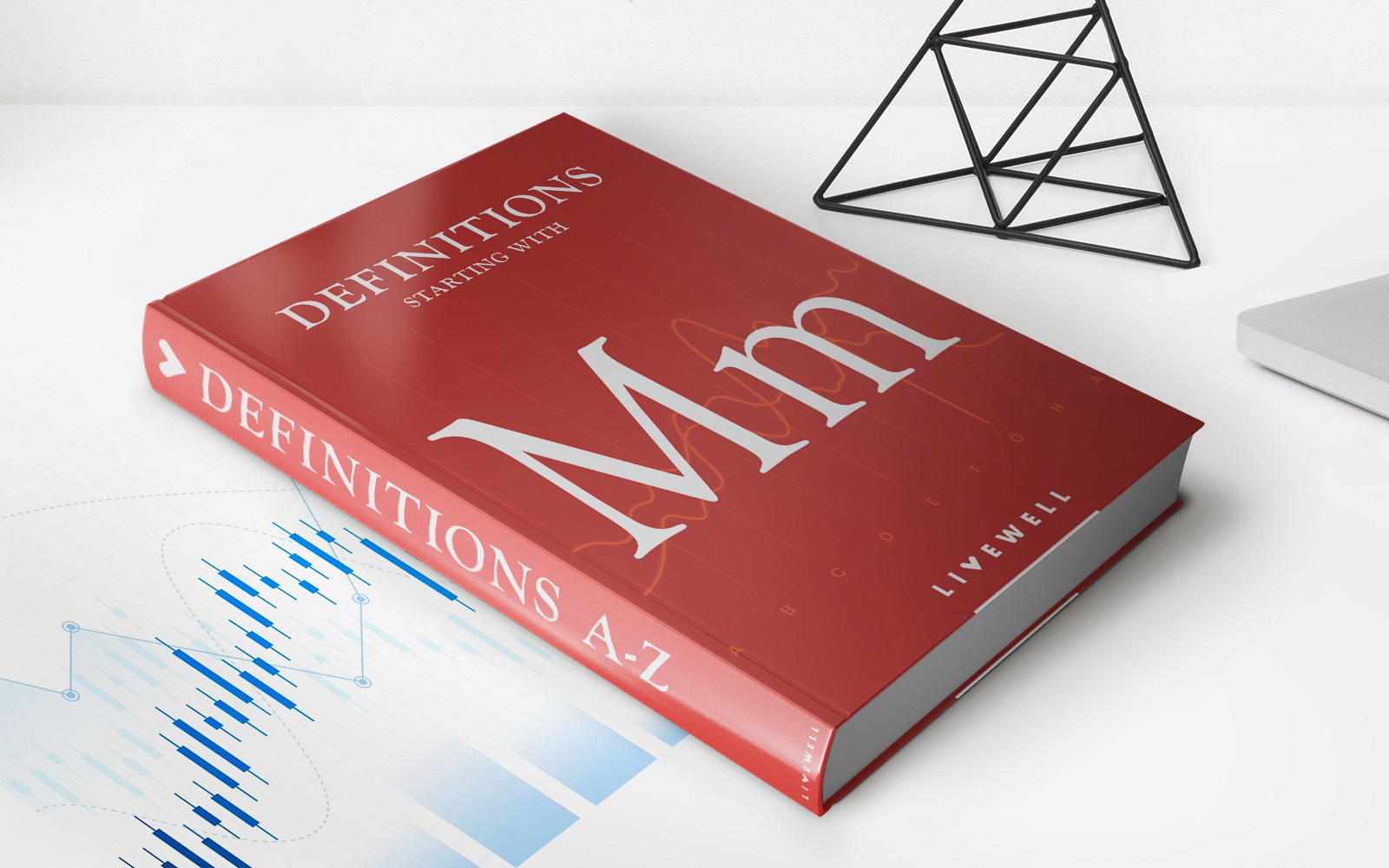Home>Finance>Principal, Interest, Taxes, Insurance (PITI): Definition, Formula
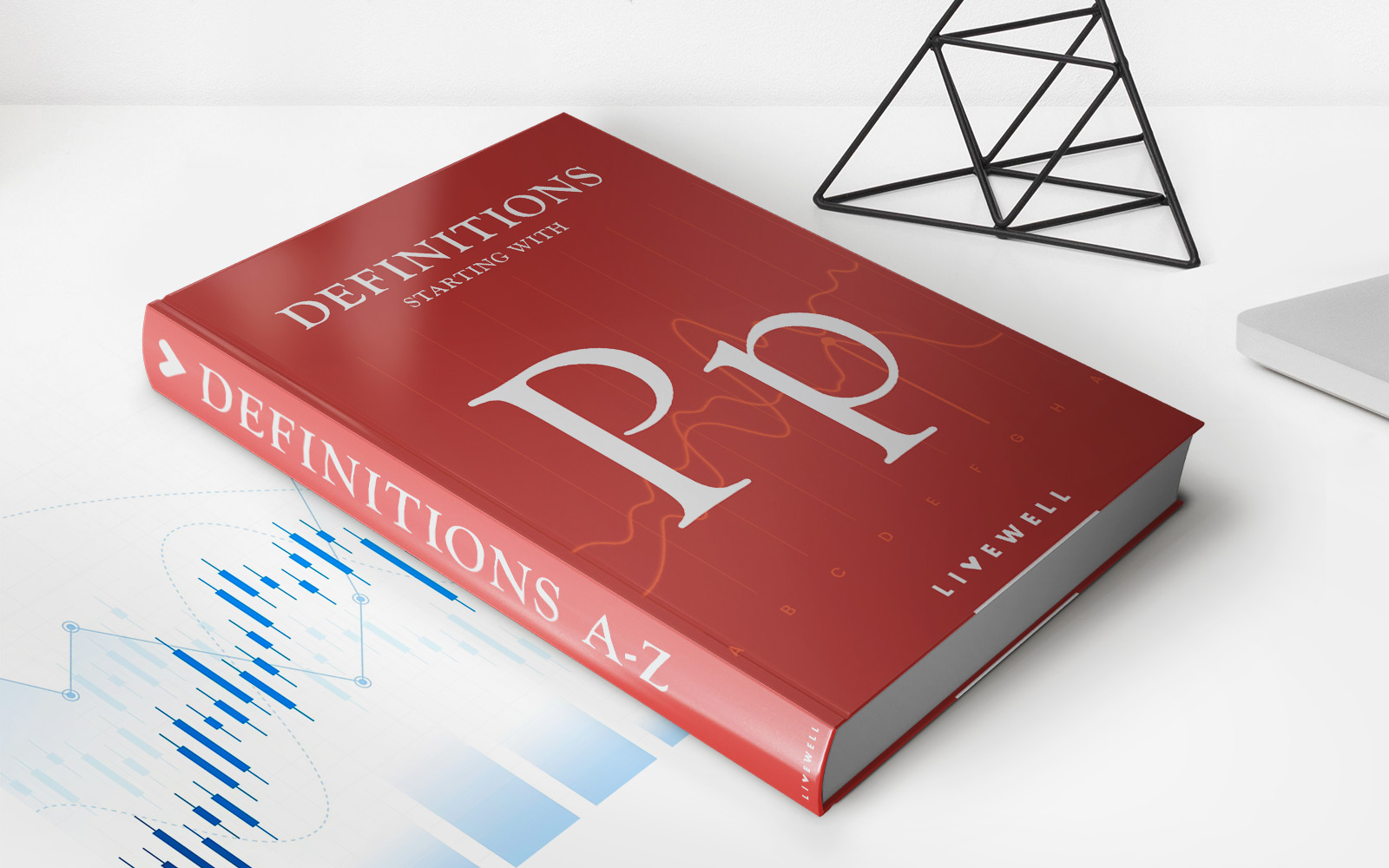

Finance
Principal, Interest, Taxes, Insurance (PITI): Definition, Formula
Published: January 11, 2024
Learn the definition and formula of Principal, Interest, Taxes, Insurance (PITI) in finance. Understand how these components impact your mortgage payments.
(Many of the links in this article redirect to a specific reviewed product. Your purchase of these products through affiliate links helps to generate commission for LiveWell, at no extra cost. Learn more)
Understanding Principal, Interest, Taxes, Insurance (PITI): Definition, Formula
When it comes to managing your finances, it’s essential to have a clear understanding of the different components that make up your expenses. One such concept that is integral to mortgage payments is Principal, Interest, Taxes, and Insurance (PITI). In this blog post, we will explore what PITI means, how it is calculated, and why it is important for homeowners and potential property buyers to familiarize themselves with this financial concept.
Key Takeaways:
- PITI stands for Principal, Interest, Taxes, and Insurance, which are the four components that make up a mortgage payment.
- It is crucial to consider PITI when budgeting for homeownership, as it gives a comprehensive picture of your monthly loan obligations.
What does PITI mean?
PITI is an acronym that represents the four essential components of a mortgage payment:
- Principal: This refers to the initial amount borrowed to purchase the property. It is the original loan amount that you must repay over the term of the mortgage.
- Interest: When you take out a mortgage, the lender charges interest on the principal as compensation for lending the money. The interest rate is usually expressed as an annual percentage rate (APR), and it determines the amount you’ll pay over time in addition to the principal.
- Taxes: Property taxes are imposed by local authorities based on the assessed value of your home. These taxes contribute to public services and infrastructure in your area.
- Insurance: Homeowners insurance is designed to protect your property and personal belongings from various risks, such as theft, fire, or natural disasters. It is a critical requirement for homeowners and is often included in the mortgage payment.
By considering all these components – principal, interest, taxes, and insurance – you get a complete picture of the financial obligation associated with your mortgage. Calculating PITI ensures that you budget accurately and are prepared for the total cost of owning a home.
How to calculate PITI:
Calculating PITI involves adding up the individual components of a mortgage payment. The formula is as follows:
PITI = Principal + Interest + Taxes + Insurance
Let’s break down the formula:
- Principal: This is the loan amount you borrowed from the lender.
- Interest: Calculate the interest by multiplying the principal by the interest rate and dividing it by the number of months in a year.
- Taxes: Determine the annual property tax amount and divide it by the number of months in a year. This will give you the monthly tax amount.
- Insurance: If you have homeowners insurance, divide the annual premium by the number of months in a year to find the monthly insurance amount.
Once you’ve calculated the individual components, simply add them together to find your monthly PITI payment.
Why is PITI important?
Understanding PITI is crucial for homeowners and potential property buyers for several reasons:
- Accurate Budgeting: Knowing your monthly PITI payment allows you to budget effectively, ensuring that you can afford your mortgage without straining your finances.
- Realistic Home Affordability: By considering PITI, you can determine the maximum loan amount you can comfortably handle, taking into account not just the mortgage principal and interest but also taxes and insurance.
- Comparing Loan Offers: When comparing different mortgage loan options, factoring in the PITI payment gives you a fair comparison of the total costs associated with each loan.
- Planning for Escrow: Many homeowners opt for an escrow account to cover their property taxes and insurance. Understanding PITI helps you plan for these expenses and ensure you have adequate funds in your escrow account.
By grasping the significance of PITI, you can make informed decisions regarding your mortgage, budget wisely, and avoid any financial surprises down the line.
So, whether you’re a first-time homebuyer or a seasoned homeowner, understanding the concept of Principal, Interest, Taxes, and Insurance (PITI) is essential for your financial well-being. By considering all four components, you’ll have a comprehensive understanding of your mortgage payments and be better equipped to manage your finances.


